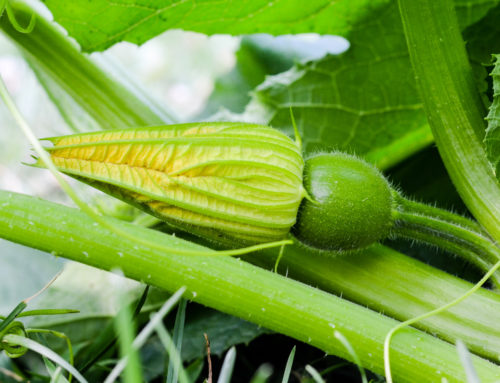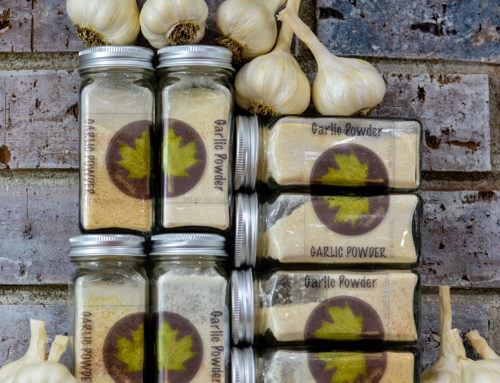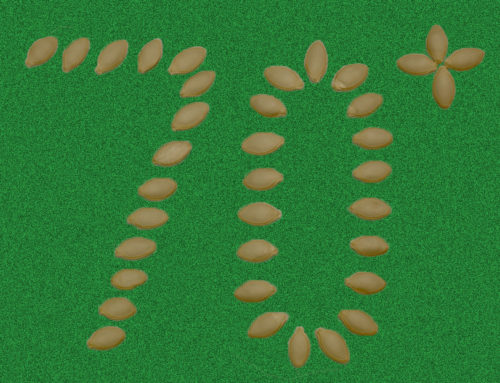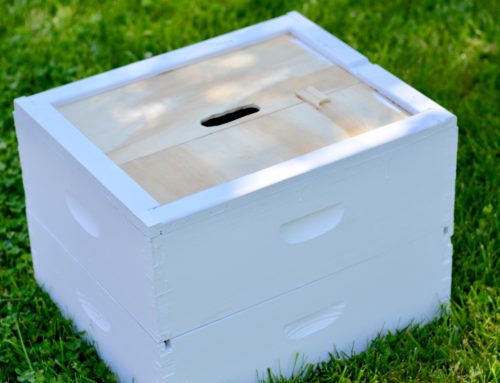Although the winter isn’t over yet, and there are plenty more cold days to come, I’m pleased to announce the spring flowers have started blooming at our farm! Early spring flowers such as Lenten Rose (Helleborus) and Snow Drops (Galenthes) are essential forage for native pollinators and honey bees alike. I have also seen my bees taking cleansing flights on the warm days, which is always a relief! Pollinators are receiving pressure from all sides and unfortunately many populations are currently on decline. The Rusty Patched Bumblebee is a prime example of the native pollinator collapse.
The Rusty Patched Bumblebee (Bombus Affinis) is the first bee in the contiguous United States to be listed as an endangered species by the US Fish & Wildlife Service. Prior to the 1990’s this bee was common across 28 of the eastern United States and two Canadian provinces. Now however the bee is only found in 55 counties in all of the United States. Only two known populations exist in Ohio. In the last 20 years the population has plummeted to near extinction. Why has there been such a dramatic decline? According to the US Fish and Wildlife Service there are a number of factors that threaten the rusty patched bumble bee and other pollinators. Some of the primary factors include: disease, pesticides, habitat loss, and a narrowing gene pool. Why is the rusty patched bumble bee worth saving? First and foremost the Rusty Patched Bumble Bee is a unique species that God has created to fit perfectly into the ecosystem of the universe. Bumble Bees are some of the most important pollinators for many fruits, vegetables, and nuts that we eat every day such as tomatoes and peppers. Although some of these plants can self pollinate they are more fruitful when pollinated by bumble bees with their unique “buzz pollination.” Any measures taken to save and preserve the rusty patched bumble bee will also benefit many other native and commercial pollinators such as honey bees and monarch butterflies.
There are a number of ways to help pollinators survive during these increasingly difficult times. Plant a Garden. Bees not only pollinate fruits and vegetables but they are also attracted to many native ornamental flowers as well. Plant a variety of flowers that bloom from February to November. Early spring and late fall flowers are especially critical. When buying plants make sure they are not treated with systemic pesticides such as neonicotinoids which kill bees. Instead of depositing yard waste in landfills maintain a small brush pile or leaf pile in your yard. Many insects including bumble bees and fireflies build nests in brushy areas. Leaving a portion of your lawn undisturbed or unmaintained can provide essential nesting habitat for pollinators. These areas are especially important during the winter when insects are hibernating. Minimize the use of pesticides and herbicides on your lawn. Pesticides indiscriminately kill insects and are very detrimental to a healthy pollinator population. Herbicides greatly reduce the number of available flowers bees are able to forage. Believe it or not dandelions and clover are two very important native flowers bees forage. I can often find three or four species of insects on the clover in my lawn during the summer. Not only does the overuse of chemicals harm insect populations it also contributes to deterioration of our water resources. You can also support organizations like the Xerces Society whose mission is invertebrate conservation.
For more information, check out the following resources:
The Xerces Society publishes a wealth of information including pollinator friendly plant lists by region, insect identification guides, and and countless articles on insect preservation.
For more detailed information on the Rusty Patched Bumble Bee visit the US Fish & Wildlife Services website. I have used this information extensively to write this article.
This post may contain affiliate links, which means that at no additional cost to you we may make a small commission if you click on the link & make a purchase. Thank you for your support!





Leave A Comment